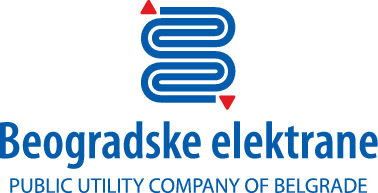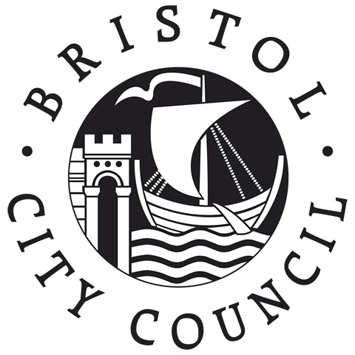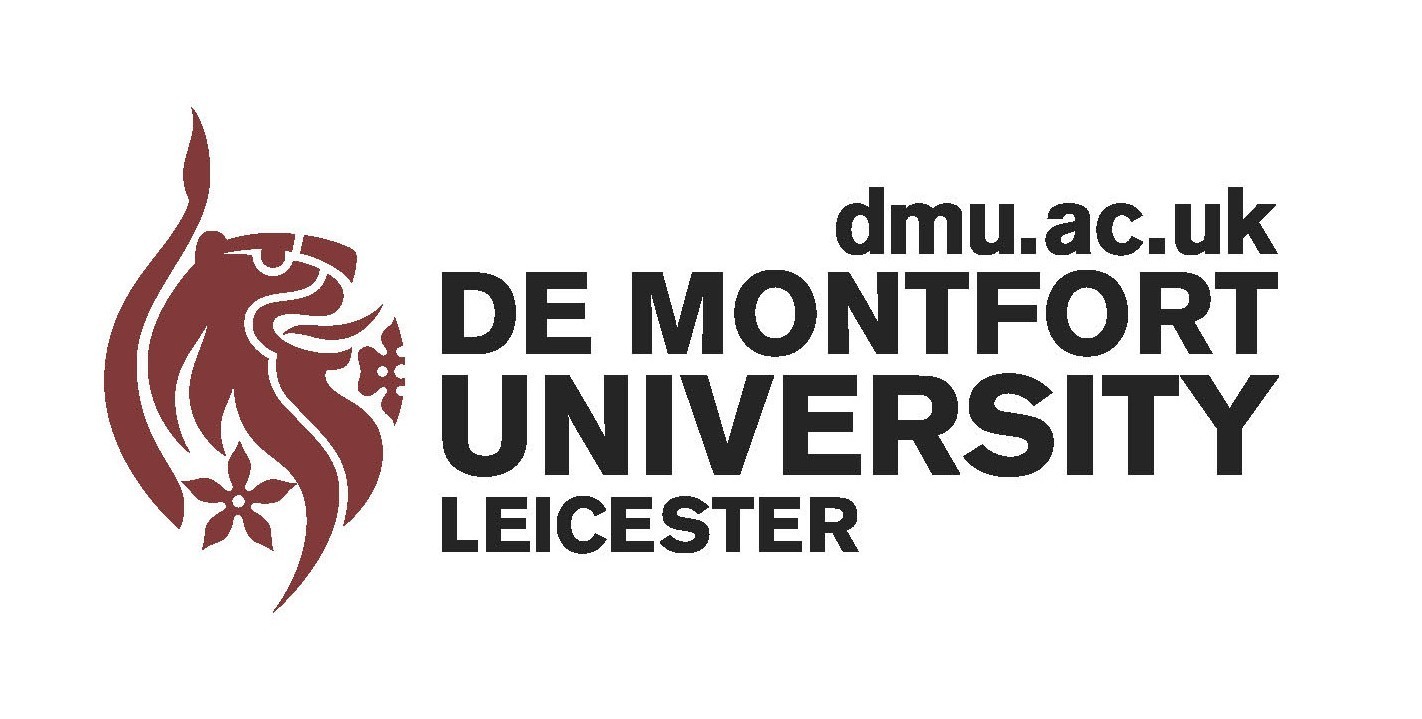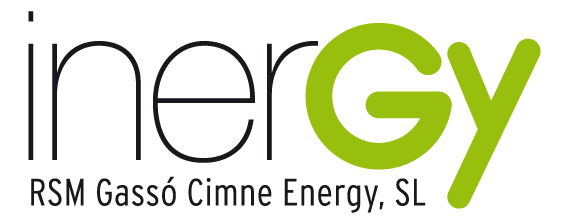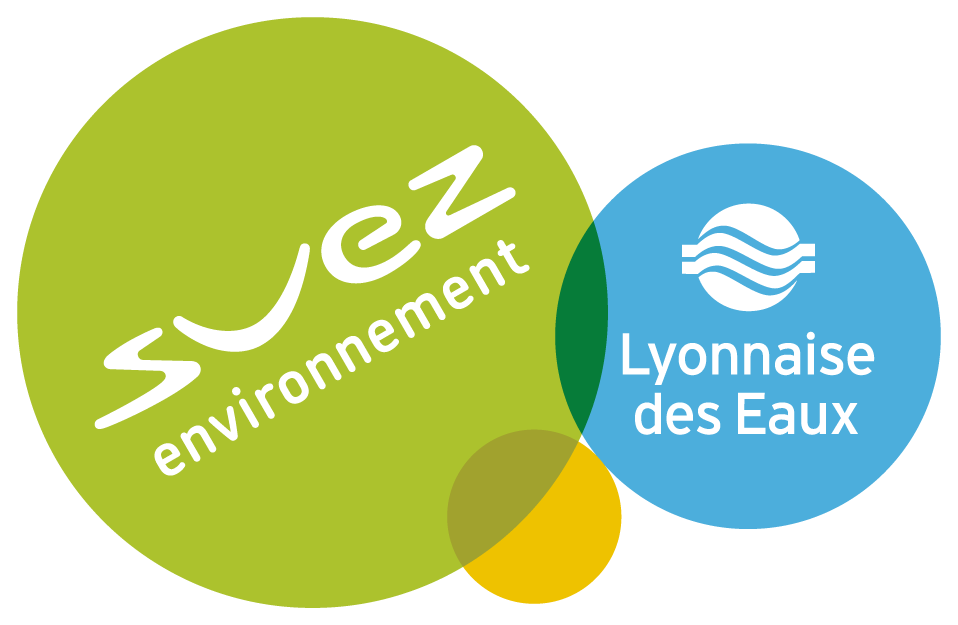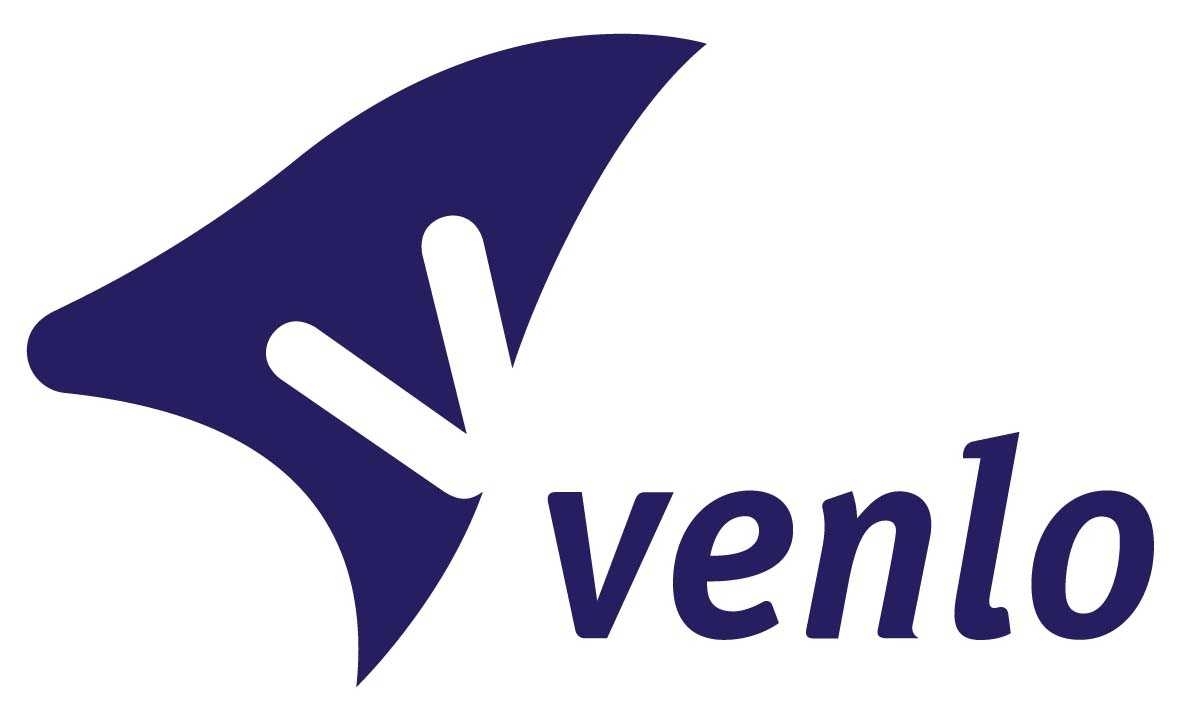SMARTSPACES¶
Saving Energy in Europe’s Public Buildings Using ICT – Project web-site –
Contact – 
In SMARTSPACES, ICT-based services for public buildings have been evaluated across Europe. Almost 600 buildings were equipped with the ICT-solution. The services are designed to evaluate the impact on overall energy consumption in public buildings (non-residential).
Energy efficiency investments are a cost-effective means for decreasing energy consumption, reducing energy bills and reducing the likelihood for energy poverty. The SMARTSPACES solution offers Energy Management (ems) and energy Decision Support and Awareness services (edss). The solution is based on ICT and smart metering. It achieved 14.5% (ranking from 4 to 58) savings for heating, 4.8% (0.8 to 49) for electricity and 15.8% (15 to 37) for cold water. Savings amount to 7,399 MWh which equals around 2,227 tonnes of CO2 per year.
Financial pay-off is achieved by most stakeholders during the first 3 years and by almost all stakeholders after ten year across seven eleven sites in seven countries. The socio-economic net benefit for the SMARTSPACES project – applying the worst case scenario, extrapolated for ten years – amounts to €4.2Million in pilot buildings alone.
Pilot Sites¶
Pilots of SMARTSPACES services are located at 11 sites in 11 cities in 8 countries.
Approach¶
The project lasted 3 years. The first four work packages established a common technical documentation harmonising the documentation of pilot designs. User recruitment (WP5) and Operation (WP6) ensured that the systems developed are successfully implemented in the field and tenants as well as professionals have the necessary training to operate the systems. All key results contributed to this Guide.
Evaluation of energy savings is based on 24 months of baseline and intervention data accompanied with control group designs and before / after surveys (WP7). The methodology used is based on the common practise agreed with all CIP-projects in this domain in which SMARTSPACES-partners were particularly active (DMU, empirica). The quantitative analysis was performed using the EC-tool ‘eeMeasure’ which has to be used by all CIP-projects to assess and publish the savings achieved in the project on the same platform. eeMeasure was developed and hosted by empirica.
Exploitation (WP8) was assessed using empirica’s cost benefit analysis tool (CBA) widely based on the guidelines provided by the EC. The tool compares a Do-Nothing scenario with the Intervention in SMARTSPACES. Based on numerous implementation (CAPEX), operation (OPEX) and consumption indicators up to eight stakeholders can calculate (and model) their own cost and benefits as well as the socio-economic return for the entire pilot.
Impact¶
The solution is based on ICT and smart metering. It achieved 14.5% (ranking from 4 to 58) savings for heating, 4.8% (0.8 to 49) for electricity and 15.8% (15 to 37) for cold water. Savings amount to 7,399 MWh which equals around 2,227 tonnes of CO2 per year.
After the successful implementation of the project, it is believed that typical annual savings can be sustained and even improved through ongoing user engagement activities and continuous improvement of energy controls and management in the buildings. Over a period of ten years and assuming that no unforeseen changes take place, total savings attributable to the project would be 165,087 MWh and 47,622 tonnes of CO2 emissions.
Economically, all sites proof to pay-off within a few years and almost all stakeholders achieve net benefits compared to the ‘Do-nothing’ scenario. In total, the SMARTSPACES project will create a net benefit of €4.2 Million over a period of 10 years. The sum is likely to increase with increasing prices of resources such as electricity, water and gas. Moreover, companies exploiting the solution are likely to collect further benefits with economies of scale and further experience on how to best and quickly engage with building users . Results are based on calculations for a period of 10 years. Results presented are net present values assuming 5% interest rate for financial cash flows and 3.5% for intangible benefits. This approach allows for simple and straightforward extrapolations for public buildings, regions and the EU.
Conclusions and Recommendations¶
The SMARTSPACES solution can be applied in all circumstances. In cases where smart-metering is already available (to comply with national regulation) ICT-services should be deployed immediately. Major costs are already paid for and the payback is in all these pilots instant. This conclusion scales with the size of the pilot as some of the software fees might only be paid once and not per device.
In large consumers and typically wasteful buildings, the ems element should be deployed first to collect “low-hanging fruits”. The edss element has to be deployed as part of a long-term strategy and is ideally integrated with other web-based services. Both services help to detect faults and reducing costs of infrastructure maintenance along with reducing resource consumption. Staff must also be made aware that working in a well insulated building does not automatically lead to low energy cost. In fact, their behaviour is of even greater importance: Speaking in relative terms of total consumption, leaving a window open does more harm in well insulated building. Smarter energy behaviour is also relevant in economical terms as the cost of insulation has already been paid for. Not fully “utilising” the insulation implies delaying the return on investment. SMARTSPACES services are a cheap way of detecting wastage, giving advice and identifying building users who might require additional energy coaching.
Barriers for SMARTSPACES-like services remain with the restrictions upon exploiting the full potential of smart-metering based services. This becomes even more relevant when existing (local) actors create restrictions regarding access to hardware or data hereby increasing cost and risk for service providers. Barriers on the demand site include a lack of trust in smart-metering. More detailed replication scenarios are outlined for certain sets of conditions covering Metering, Building, and Consumption levels.
Partners¶
Coordination¶
empirica is a research and consulting firm based in Bonn, Germany acting Europe-wide and globally. empirica specialises in research and consultancy for both private and public clients into technology trends set against specific user requirements and organisational constraints and has long-standing experience in coordinating and managing EU research projects including 'SAVE@Work4Homes‘ - Supporting European Housing Tenants in Optimising Resource Consumption and esesh - Saving Energy in Social Housing with ICT. empirica is the coordinator of the project.
Belgrade (Serbia)¶
BELIT has considerable experience in the development and implementation of web-based information systems and portals and will collaborate with MEB, BeoElek and Palilula municipality in providing the ICT-based energy saving service the in Belgrade pilot site.
JKP Beogradske elektrane is a Public Utility Company, which supplies heating and domestic hot water to Belgrade. The company was established in 1965 in order to centralise the Belgrade district heating system. BeoElek possesses 65 heat sources with 2,574 MW heating capacity. It provides heating to 300,000 apartments and more than 8,000 office/commercial buildings for the total floor area exceeding 20,200,000 square meters.
University of Belgrade - Faculty of Mechanical Engineering (MEB) has been involved in a number of projects in different areas, among which, energy, district heating systems, heat flow metering, fuels, RES, energy efficiency in buildings, combustion, household appliances, energy monitoring and environment. Project work of MEB builds upon recent activities in collaboration with local municipalities, such as the introduction of renewable heating energy sources, improved energy efficiency of buildings and improved environmental conditions in social housing districts.
Birmingham (United Kingdom)¶
Birmingham City Council (BCC) is Europe’s largest unitary local authority. Its approximately 50,000 staff provides services to over one million residents representing the most ethnically diverse city in the UK. BCC is one of the local authorities at the cutting edge in terms of integrating digital technologies into all aspects of its services in order to transform them and has undergone a radical business transformation programme that is on target to achieve net efficiency savings in excess of £1 billion over a ten year period.
Bristol (United Kingdom)¶
`Bristol City Council <http://www.bristol.gov.uk/>`_strives to be one of the most sustainable cities in the UK and Europe and is in the process of developing a holistic approach to sustainability, in particular with regards to regeneration-based activities and energy generation, supply and networks distribution. It is also hoped that a localised energy economy can be created which provides business opportunities and helps to improve the knowledge and skills base in this field. Bristol signed up to the EU’s Covenant of Mayors Initiative in February 2009, which seeks to bring together Europe’s most pioneering cities in a permanent network to exchange expertise and knowledge. Bristol City Council will be the pilot site lead of the Bristol pilot.
Systemslink develops and sells software solutions for the Monitoring and Targeting of Energy. The core Energy Manager product allows for storage of invoice, customer own meter readings and AMR data for full analysis. Supplier EDI, BEMs, meter logger and/or AMR data may be automatically imported. Full data validation, tolerance checks and alarms provide a full set of management information. Standard or user configured reports present the information in both graphical and tabular fashion with options to automatically email to site or view through a Web browser. This Web browser interface allows sites to view all key information. The product is in use within around 200 organisations, approximately 100 of which are Local Authorities. Due to the close cooperation with Bristol City Council SystemsLink has detailed understanding of a large variety of public buildings and functions as technology partner and IT service provider in the project.
Hagen (Germany)¶
The city of Hagen is renowned for its economy and for being a centre of shopping and culture as well as being the domicile for Germany’s only open university. Hagen offers a vast number of services to its citizens and hosts institutions, which are accommodated in buildings and real estates, which are being maintained by GWH (Gebäudewirtschaft Hagen). Being a service provider for the city, GWH is not only responsible for facility management , energy management, controlling and cleaning of the existing buildings as well as their refurbishment and decontamination alterations, but also for the concept and planning of new constructions. Hagen is pilot manager in Hagen and co-operates locally with Ingenieur- und Planungsgemeinschaft ENVI-GmbH (envi).
envi Engineer and Consulting Company GmbH is a modern and innovative engineering office in Witten, Germany. The envi GmbH is an independent consulting and planning engineering company founded in 1990. Today, envi represents interdisciplinary cooperation from the disciplines of process, energy, and environmental engineering, mechanical eEngineering, computer science, and physics. envi develops, plans, and consults from base ascertainment to construction supervision with its focus on power supply, and building engineering including advise at all levels of the HOAI (Honorarium Order for Architects and Engineers) in the fields of building physics, heating, climate, and ventilation from the planning side. envi also cooperates with experienced engineer offices on the electrical side to guarantee sophisticated planning results. envi is one of the technology partners and IT service providers in the project with earlier experience in the project esesh.
Istanbul (Turkey)¶
Istanbul Sports Events Inc. was established by Istanbul Metropolitan Municipality in 1989. With over one thousand, many of whom have graduated from Sport Academies and speak foreign languages, Istanbul Sports Events Inc. is experienced in organising national and international sport events, managing sport facilities and sportive training activities. They have organised many national and international sport events, 36 of which were held in Istanbul in the year 2010 and more than 75,000 athletes and more than 1,500,000 spectators attended these events. Istanbul Sports Events Inc. is the pilot manager in Istanbul.
Leicester (United Kingdom)¶
Within the Leicester City Council the Leicester Energy Agency (LEA) is responsible for energy issues. It is the UK Secretariat for the Carbon Action Network for UK Local Authorities. LEA has been providing advice to all sectors of the community including businesses and community groups to promote renewable energy systems and energy efficiency and specific actions to reduce their environment impact. Leicester is Britain’s first Environment City and the Leicester Energy Agency is a key player in helping the City meet its ambitious target of a 50% Energy Reduction of the 1990 Levels by 2025 and to obtain 20% of the City energy needs from renewable energy. Leicester City Council (LCC) is pilot manager in Leicester and co-operates locally with De Montfort University (DMU).
The Institute of Energy and Sustainable Development (IESD) at De Montfort University <http://www.dmu.ac.uk/home.aspx>`_ is a highly multi-disciplinary research and post graduate institute with expertise in building physics, building energy modeling, ICT, electrical and electronic engineering, social science, energy policy and public engagement. The Institute offers Masters Courses, PhD programmes of study and undertakes research for industry, UK national government and the European Union. The focus of the research is to understand how we can move to a low carbon society. How we can achieve deep cuts in greenhouse gas emissions without adversely affecting quality of life and affecting economic activity. The Institute undertakes research and teaching in the analysis of electricity, gas and water data in buildings and industry. De Montfort University is also coordination partner and has the lead for the evaluation work in the project.
Lleida (Spain)¶
The Lleida Energy Agency is a public body, originally created by the City Council of Lleida, and now also linked to Lleida’s Provincial Government, giving the agency both a local and a regional remit. The Province of Lleida has an area of 12,028 km2, 229 municipalities and a total population of 439,000. The Energy Agency of Lleida, promotes the energy savings and efficiency and the production of renewable energy, in the line of the current trends for the reduction of the CO2 emissions, the prevention of the climatic change and the reduction of the global environmental impact caused by the overall increase of energy consumption. Sharing goals, the Energy Agency of Lleida has a close relation with the Catalan Institute of Energy (ICAEN). Lleida Energy Agency is pilot manager in Lleida and co-operates locally with Centre Internacional de Metodes Numerics en Enginyeria (CIMNE) and Gassó Auditores SLP (GASSO).
The International Centre for Numerical Methods in Engineering <http://www.cimne.com/cdl1>`_ is an autonomous research and development centre, created by the Generalitat de Catalunya and the Universitat Politècnica de Catalunya (UPC) in 1987 under the auspices of the UNESCO, and dedicated to promoting and fostering advances in the development and application of numerical methods and computational techniques for the solution of engineering problems in an international context. The Buildings Energy and Environment (BEE) Group is an independent research group of around 15 people within CIMNE, focussing their R&D activities on methodologies and tools for the reduction of CO2 emissions in the urban environment. CIMNE is one of the technology partners and IT service providers and is leading the local partnership with GASSO in Lleida.
With over 300 professionals in nearly 14 offices, RSM Gassó Cimne Energy, sl (INERGY)Inergy <http://www.inergybcn.com/>`_ is an organisation specialised in applications and services for energy management and efficiency. Since 2005, our solutions combine advanced energy engineering services and own software products. This allows us to quickly modify our applications adapting to the requirements of each client. We have a wide customer base in Spain, both from the public and the private sectors. Inergy aims at improving the energy management of large parks of facilities offering the energy manager service or providing tools, training and ongoing support for energy managers. We participate in projects funded by the European Union and drive partnerships and alliances with other companies to spread our services and products internationally. Innovation and technological developments are the main drivers of the company, pushing mainly through a technological partnership with the Bee Group, the Energy, Building and Environmental Group of the International Center for Numerical Methods of Engineering (CIMNE) at the Universitat Politècnica de Catalunya (UPC). Inergy closely co-operates with CIMNE at the pilot site of Lleida. Furthermore, Inergy has the lead in task T8.2 Viability assessment for public authorities, utilities, facilities management and IT service providers.
Milan (Italy)¶
Milan City Council is an Italian authority responsible for delivering a large number of services across the city (education, social services, economic development, etc.). The Municipality is involved in environmental policies and has adopted an action plan focused on improving energy efficiency in existing municipal buildings and on promoting sustainable mobility systems. Milan has also subscribed the Covenant of Mayors and the Local Governments Climate Protection Agreement. Milan is member of many EU networks such as Eurocities, and Cein and has been involved in transnational projects, e.g. V Framework Programme (Incore), Urban II, Interreg III B (Cadses), INTI (Benchmarking Integration Governance in European Cities). Milan City Council is pilot manager in Milano and co-operates locally with IBM Italia SpA (IBM), Cisco Systems International BV (Cisco) and BT Italia SpA (BT).
Cisco has shaped the future of the Internet by creating unprecedented value and opportunity for our customers, employees, investors and ecosystem partners and has become the worldwide leader in networking - transforming how people connect, communicate and collaborate. Cisco has a proven track record of successfully capturing market transitions. Beginning in 1997 with the reality that Voice and Video would all be one, moving to the Networks of Networks in 2000 and the Network becoming the platform for all related technologies and the core of customer solutions, and the most recent market transition of Collaboration and Web 2.0 technologies. Also Cisco will equip three sites in Milano with their solution as one of the technology partner and IT service providers.
BT is one of the world’s leading communications services companies, serving the needs of customers in the UK and in more than 170 countries. Their main activities include the provision of fixed-line services, broadband, mobile and TV products and services as well as networked IT services. In Italy BT is one of the main communications services providers, serving business and public sector markets. Globally, BT supplies networked IT services to multinational corporations, domestic business and government departments.
Moulins (France)¶
The town of Moulins is situated at the center of an agglomeration of 26 communities with a total population of over 20 thousand inhabitants, a historical town, internationally renowned for its cultural dynamism. In coherence with its desire to reinforce the attractiveness of the territory, the town is in the process of revitalizing its town center, developing its economic activity in order to improve the quality of life for its inhabitants. The agglomeration of Moulins and the department of the Allier are committed to an agenda 21 type sustainable development approach. One of its objectives is to build, manage and maintain communal public buildings that respect the environment. Ville de Moulins is partner in the pilot site of Moulins and will be the connection to the public.
Moulins Habitat is a public office of development and building in the town of Moulins. Its main activities are renting social housing and building new housing as well as the development of activity areas.MH owns 3900 housing units, a few specialized homes and manages 2 activity areas and 4 housing estate building plots. Among other projects MH manages an urban renovation project for South Moulins and Yzeure, le Plessis, where about 30 % of the population of Moulins lives. MH is the pilot site manager of Moulins.
EDF Optimal Solutions is a 100% affiliate to EDF Group, which was created in 2008 to improve energy efficiency buildings and reduce environmental impact. The EDF Optimal Solutions approach follows the Kyoto Protocol and the Grenelle roundtables for environment. To reach these objectives, EDF Optimal Solutions provides global solutions including, conception, realisation, commissioning and maintenance and the financing of project linked to energy efficiency for local authorities and private companies including solutions to reduce their energy consumption and CO2 emissions. EDFOS is partner in the pilot site of Moulins and brings its technical knowledge to the pilot site.
Real Project Partner is an SME specialized in IT networks (fiber optic, PLC and Ethernet) deployments and services containing fiber and IP. RPP was founded in 2003 by three Directors in the field of IT networks from key industrial companies (Siemens, Telindus and Expertdata). For the last three years, RPP has developed services based on fibre which enable the customers to access DTT, SAT and IP based services in the social housing, as well as TV portal that enables tenants to have a view on their energy consumptions through the TV screen and also to correspond with the social housing company without needing paper or physical contact. RPP as one of the technology partners and IT service providers will assist Moulins Habitat in the deployment of the IT infrastructure, the installation of the Internet access through technologies which no electromagnetic radiation (fibre optic) and the display of the energy consumption and air quality through TV screens.
Lyonnaise des Eaux is one of the subsidiaries of the Suez Environnement Group, which is with more than 79 000 employees and operations on every continent a world leader dedicated exclusively to utilities management. Lyonnaise des Eaux is the second main water actor in France with 14 million clients served with drinking water and 10 million clients whose treatment is guaranteed. Lyonnaise des Eaux has created a business unit dedicated to real estate management and energy performance and has developed its own information system based on an automatic meter reading in order to drive buildings energy and maintenance. They offer (offices and commercial buildings, housing) a wide range of innovative services to property managers. These solutions are also available for offices workers, buildings inhabitants and citizens. Lyonnaise is a longtime partner in the pilot site of Moulins and brings its technical knowledge to the pilot site.
Murcia (Spain)¶
ALEM is the Energy Management Agency of the municipality of Murcia. It was created under EU-Intelligent Energy for Europe Program grant of 2006. ALEM is a public consortium linked to the Murcia City Council and has wide experience in European and cooperation projects (IEE, EU Grants and FP7). Murcia was the first Spanish city to sign the Covenant of Mayors and ALEM developed and elaborated the Sustainable Energy Action Plan of Murcia. In addition ALEM has assisted Murcia City Council in developing a network of zero emission public buildings, a bylaw of energy efficient buildings, solar thermal by laws for buildings, energy efficient street lighting by laws and other energy activities. Local Energy Agency of Murcia is pilot manager in Murcia.
Venlo (Netherlands)¶
The City of Venlo has a population of close to 100,000 inhabitants. In 2001, the municipalities of Belfeld and Tegelen and in 2010, the municipality of Arcen en Velden were merged into the municipality of Venlo. The region accommodates one of the country’s largest agribusiness parks, as well as various major educational and research institutes in the field of agriculture and horticulture. Having already adopted the principles of the Green City, Venlo has added a new dimension being the first region worldwide to embrace the cradle-to-cradle (C2C) philosophy, a concept for sustainability based on the reuse of raw materials, which renders products completely recyclable and turns waste into raw materials. The Municipality of Venlo/Villa Flora will develop the pilot site activities in close cooperation with other organisations and is the pilot site manager in Venlo.



